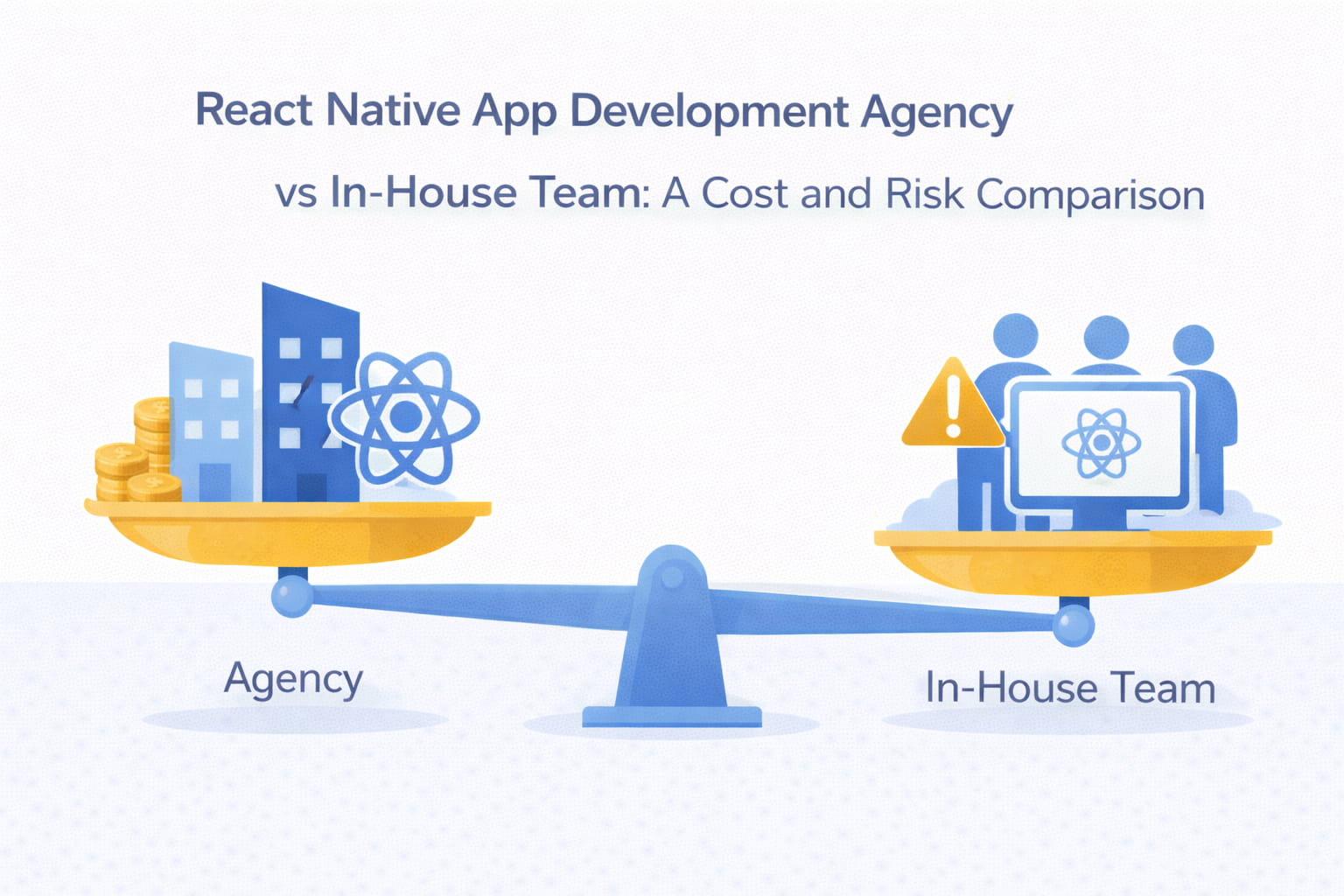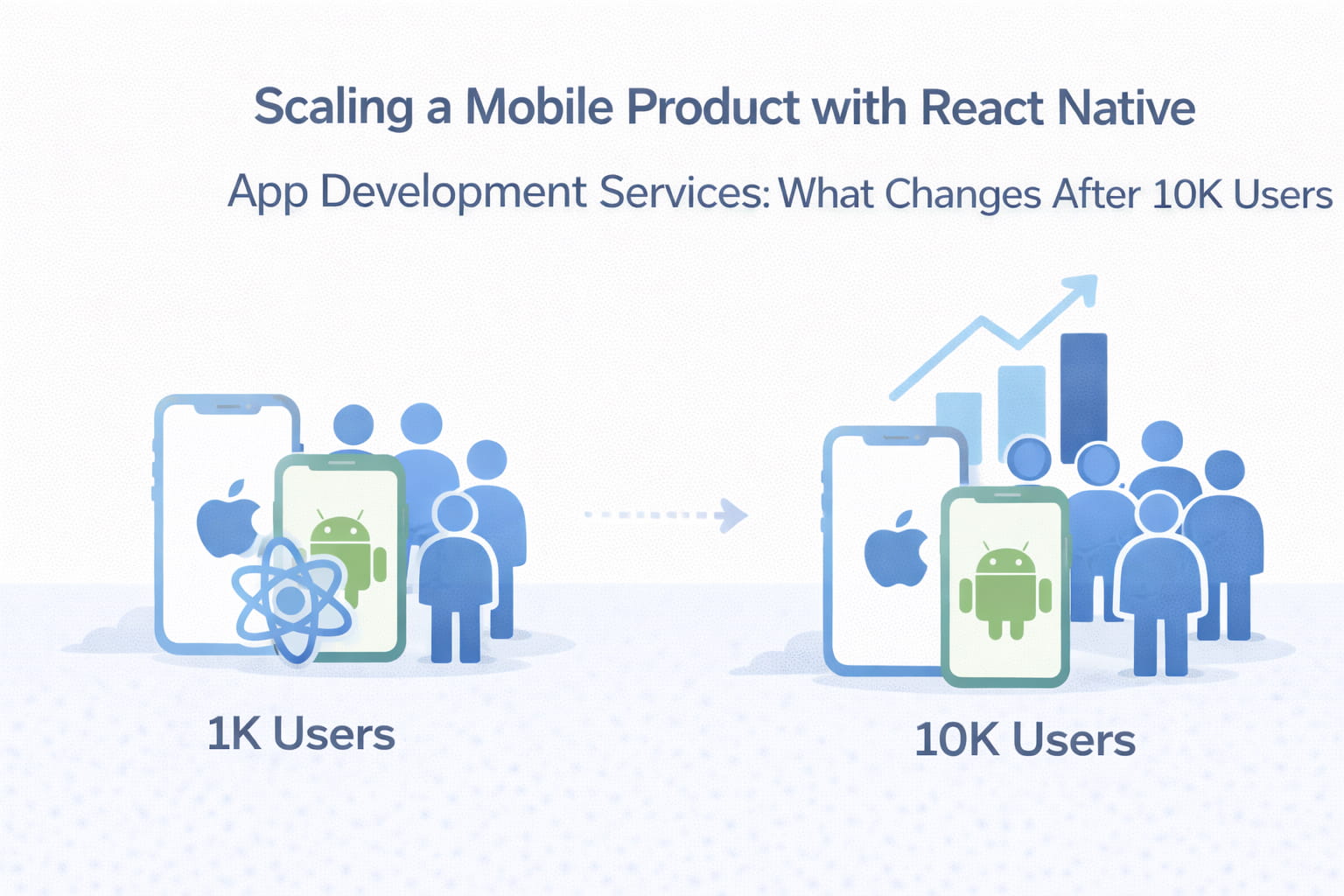At Digital Octane, we have extensive experience working with technical start-ups daily as a development team. Over the years, we’ve encountered a lot of advice on creating, managing, and scaling start-ups efficiently. Recently, we came across a video from Y Combinator that perfectly sums up the key points you need to address to build a successful start-up:
Here’s the rundown on what it takes to launch a technical startup. Straight from the Y Combinator playbook, this is the real stuff: practical, simple advice on setting up, launching, and scaling your business without over-complicating things.
1. Start with the Right Team
First off, your team is everything. The magic number? 2-4 co-founders. Make sure at least half are engineers so you have the skills to build things quickly without depending on contractors. Financially, each co-founder should ideally have a year’s worth of living expenses in the bank—not for luxury, but to cover essentials so that the team can focus fully on the project.
2. Nailing Down Your Idea
You don’t need a groundbreaking idea from day one. The best ideas often come from solving a problem you understand well—ideally, something you or your team deals with daily. The goal? Find a daily or weekly problem that makes life easier for your users. Think of Uber—people need rides every day. Aim for frequent-use problems, not one-off or annual needs, because frequency drives engagement.
3. Get a Quick Handle on the Market
It doesn’t take a whole business plan, but do some research to understand your market. Spend an hour looking up numbers: is this industry making money? Are people actively spending on solutions? Also, check out your competitors’ products—use them, see what works and what doesn’t, and note any gaps you can fill.
4. Build a Minimal Viable Product (MVP)
Don’t overthink this—just build a version of the product that’s basic but functional and get it into users’ hands within two-three months. Too many startups spend endless cycles perfecting things that no one’s even tested. Speed is everything here. Get the MVP out, gather feedback, and improve from there. And remember, you’re nothing until you launch.
5. Focus on Growth
Growth is the holy grail for investors. In general, there are three ways to do it:
B2B companies: Start with reference customers. Find a few companies who will use your product and shout your praises to others.
Consumer companies: Aim for built-in sharing so that people using your product naturally spread the word. This isn’t about adding a “share” button; the product itself should encourage sharing.
Whether you’re in B2B or consumer services, build growth mechanisms directly into the product, not as an afterthought.
6. PR: Do It Yourself Early On
Don’t waste money on PR firms—do it yourself. Reach out directly to journalists covering your field. Building relationships with reporters is a lot like business development: you make introductions, follow up, and provide them with valuable news. It’s all about real relationships and relevant, timely updates.
7. Fundraising: Timing, Momentum, and Self-Sufficiency.
Raising money doesn’t mean you should depend on it. Here’s how to approach it:
Make Your Startup Look Self-Sufficient: Keep your expenses lean so you’re not desperate for cash. This makes your company more appealing to investors.
Create Buzz by Stacking Investor Meetings: Line up meetings close together—ideally in one week. This creates a sense of FOMO (fear of missing out) among investors.
Find Investors Who Get Your Problem: Early investors who understand the problem you’re solving are more likely to see the value in your solution.
8. Keep Operations Lean and Track Expenses
Over-spending is one of the biggest startup killers. Here’s the fix: track your monthly spending, review your bank statements, and cut unnecessary costs. Stick to a modest office and lean budgets to stretch your runway.
9. Hiring Smart: Quality Over Quantity
Your team should raise the bar with every hire. If you’re not adding talent or expertise, rethink the hire. Be transparent with offers—share stock option details and salary structure honestly. And don’t rush to hire; go slow and only bring on people when it’s truly necessary. Instagram hit major milestones with a small team—your startup can, too.
Wrapping It Up
Launching a startup is no easy feat, but with these YC-backed strategies, you’ll be in a good position. Start with the right team, focus on problems you know, launch your MVP fast, build growth into your product, and keep your operations lean. From here, you’ll have a strong foundation to build, grow, and scale your startup.
At Digital Octane, we’re all about helping start-ups bring their ideas to life without the hassle of building an in-house team. With years of experience and a well-established team that’s been working together seamlessly, we handle every aspect of development so you don’t have to. Whether you have an idea in its early stages or a fully fleshed-out concept, reach out to us—we’ve got the expertise to make it happen and the know-how to guide your start-up toward scalable success.



